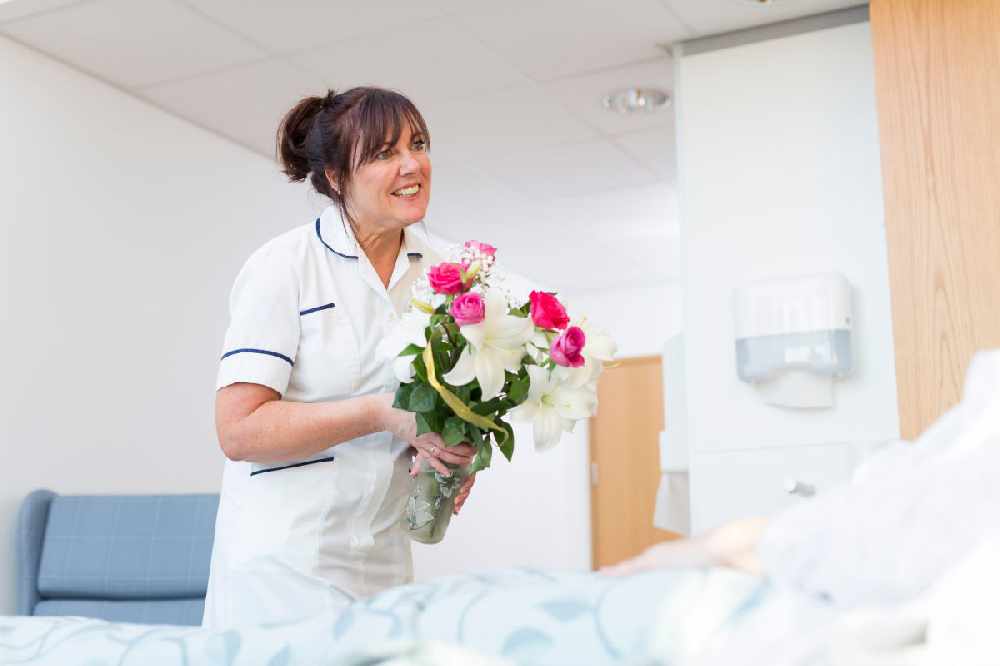
A terminally ill Jerseyman, making headlines for writing about life and death, has been myth-busting about hospice care.
Simon Boas, Executive Director of Jersey Overseas Aid, has been writing a 'Beginner's Guide to Dying' and debunking rumours about Jersey Hospice Care and its service.
He writes in his guide that sometimes people give him mixed reactions when he says that he receives hospice care.
Simon says it is more than a place to die and that the palliative care team help him to lead the life he wants to live by controlling his pain and other symptoms.
"They’re totally on my side: they understand my priorities, and they focus on ME – not solely on my disease."
Emily Churchill, Jersey Hospice Care's spiritual lead, says that sometimes people need the right team with their eyes on them 24/7 to help them with pain or maybe need psychological or family support.
"I know Simon has been honest about coming in and he's had a look at the inpatient unit to help him make the right choice about where he wants to die. You get the feeling of the space, what it feels like to be here, and that's all really important."
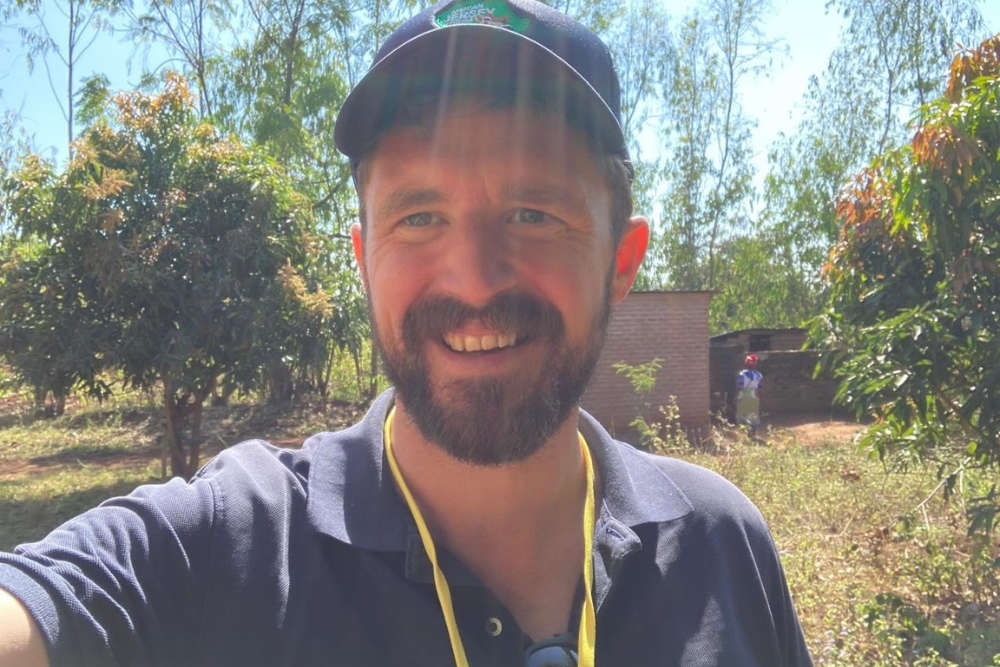 Simon Boas
Simon Boas
Simon, who receives treatment for cancer, also says he rarely laughs as much as he has done during consultations with the palliative care team and there is a profound understanding of his emotional, mental and spiritual needs at hospice.
He says he does not know whether hospices are just really good at recruiting sunny, compassionate employees or whether working there nourishes those qualities, but the staff are the least gloomy people you will meet.
"There is a lovely sense of warmth and humanity and good humour in the communal areas.
"If you need to be admitted for a bit the rooms are awesome. A garden and a view that you’d have to be a millionaire to pay for!"
Another theme explored in the myth-busting guide is that it is not a bad thing to think about death.
Simon says Western society has an unhealthy relationship with the concept of death and that people tend to run away from the idea or 'drown it out with pleasures and purchases'.
Embed not found
Mr Boas says people spend too much time thinking about trivial things like potholes, the neighbour's new fence or unkind things people say at work.
"Your existence is a precious gift, and you are the embodiment of a series of unbelievably unlikely coincidences that enabled our Goldilocks blue planet to form (neither too hot nor too cold), for it to teem with this wondrous inexplicable thing called life, and for you yourself to exist when just a tiny change would have meant that sperm never met that egg.
"And, as it must be for us to be truly human, all of this is finite. Realising this early on helps us appreciate our good fortune in living at all, and I think it can also make us more compassionate towards others, all of whom are in the same boat."
Emily Churchill says what is unique about Simon is that he has chosen to be so open and honest about the fact he is ill and is acknowledging he is dying.
"It's through that purposeful approach to his death that he is going to find peace.
"It takes a huge amount of courage and it takes a huge amount of energy and emotion but it is most definitely worthwhile. We go through life ignoring the fact that it is ever going to happen, but it absolutely has a purpose."


 Civil Service recruitment freeze extended
Civil Service recruitment freeze extended
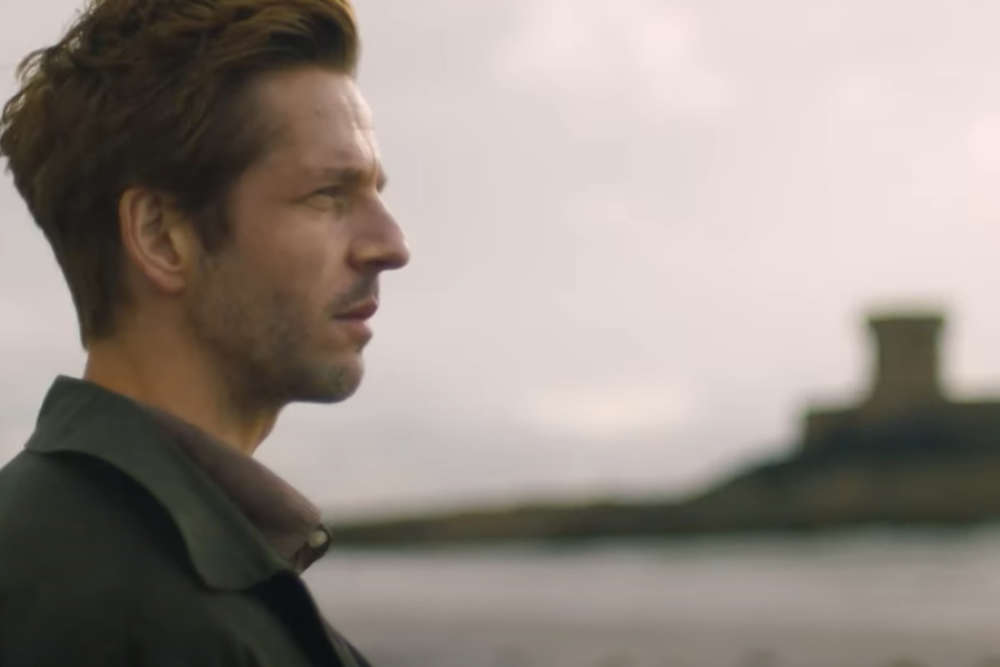 Industry rumours of Bergerac second series
Industry rumours of Bergerac second series
 DFDS brings in replacement ship for Portsmouth sailings
DFDS brings in replacement ship for Portsmouth sailings
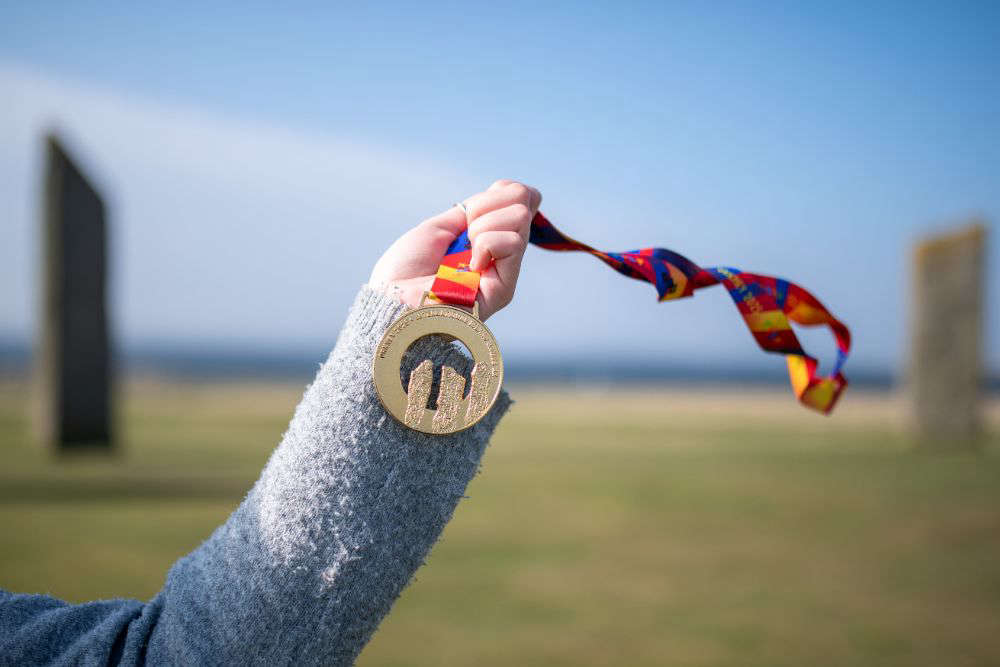 100 days until Orkney Island Games begin
100 days until Orkney Island Games begin
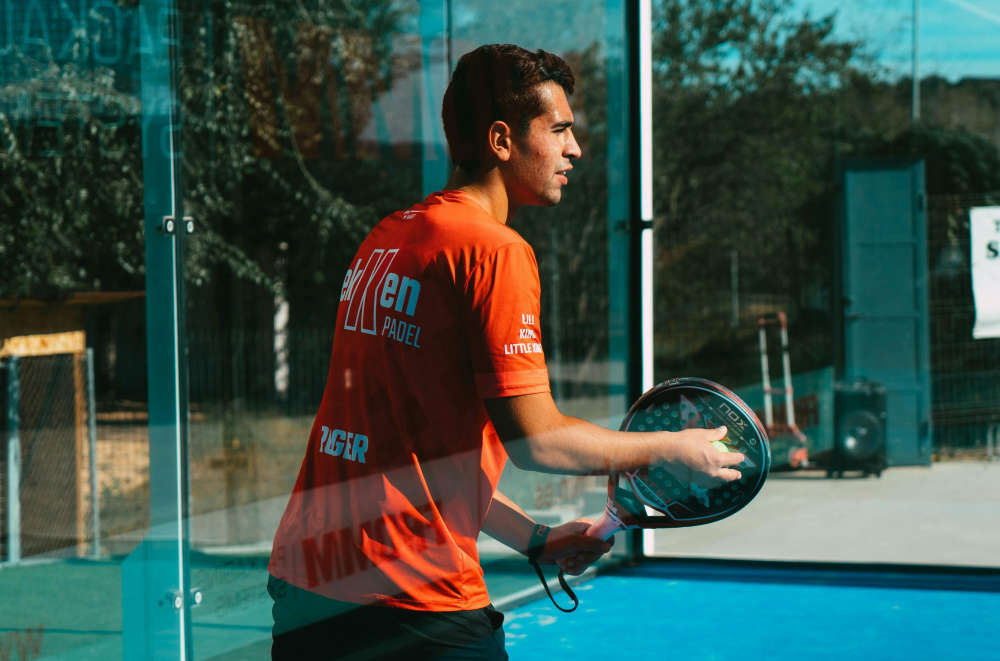 £200k padel facility coming to Les Ormes in May
£200k padel facility coming to Les Ormes in May
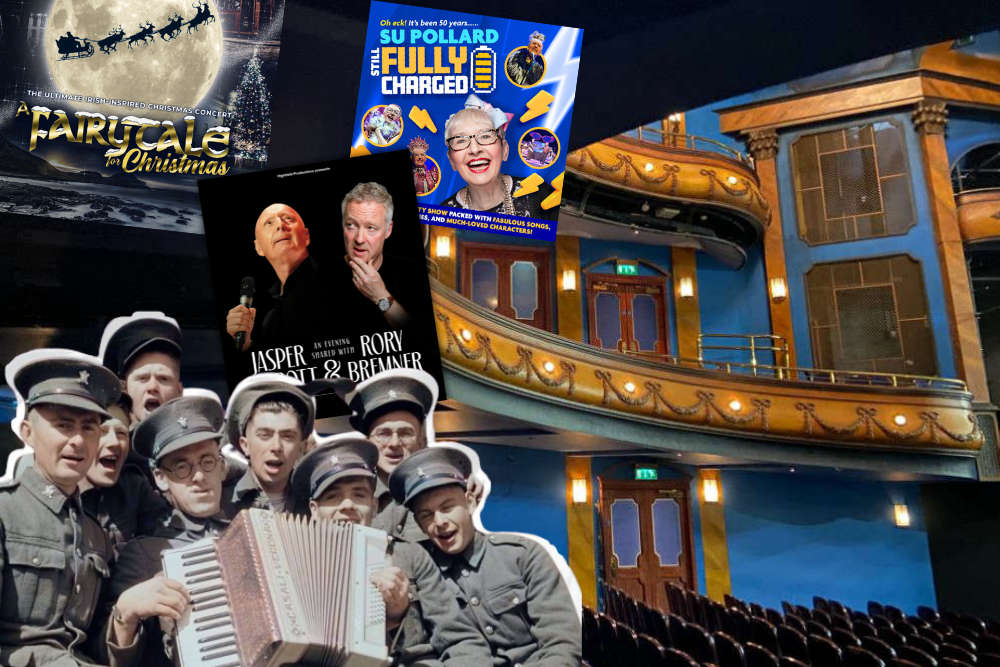 Jersey Opera House opening show announced
Jersey Opera House opening show announced
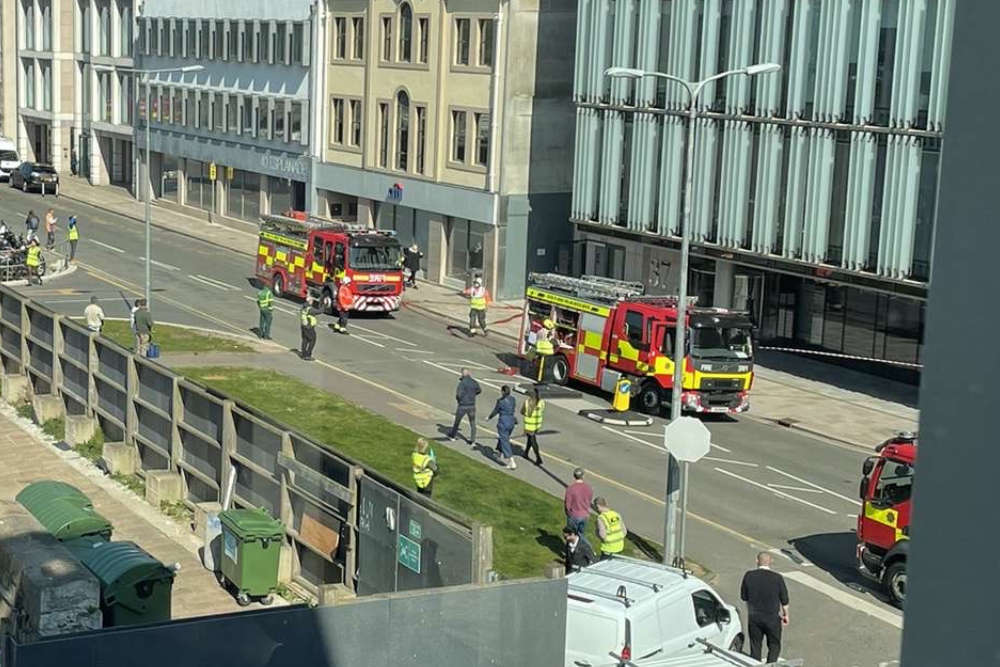 Two islanders trapped in a lift rescued from sixth-floor fire on the Esplanade
Two islanders trapped in a lift rescued from sixth-floor fire on the Esplanade
 Rooftop bar, climbing wall and concert hall in £110m Fort Regent plans
Rooftop bar, climbing wall and concert hall in £110m Fort Regent plans

